Competition Isn't Necessary For Fitness
In the fitness community, we often talk about the power of competition in helping people to reach their goals with more certainty than it likely deserves. Especially those of us that actively compete in some type of sport. We’re driven to compete and think everyone else should be, too. But, whether you truly train to compete or workout to look and feel better really deserves some thought. And I'm not just referring to your decision to try out a crossfit gym or not.
Clarify Goals to Choose Appropriate Sacrifices
What comes first to you or your clients? Are you more interested in PRs, lifting things and dominating your sport, or do you want to have more confidence around the opposite sex, look and feel better? These goals aren't mutually exclusive, but its important to prioritize what you want when you weigh the risks and benefits of certain training activities and diet practices.

There are inherent risks and sacrifices associated with sport competition and training that are unnecessary in the pursuit of fitness. If your first priority is competition and sport, you'll be willing to do things for the sake of performance that aren't always in the best interest of your health or physique. I can tell you can tell you that walking with a triple bodyweight yoke does nothing for your wellness program. These sacrifices are immediately visible in the cases of contact and strength sports, but sacrifices to health and fitness are just as present in endurance sports, too. Unhealthy sacrifices may include weight manipulation, repetitive impacts or concussion, overuse and imbalances necessary for sport, detrimental postures. An athlete may not consciously think of these things, but they should be considered by the coach or the person that competes for fun.
Physique Training Isn't Always Optimal For Performance
If your main goals are rooted in a bit of vanity. (Vanity is ok, we all want to feel confident in our physique.) You may find your strict paleo/low carb diet works well for showing off abs and muscle definition, but its not necessarily always helping you move big weights, train multiple times daily, and hit new PRs in competition. Making time for a variety of energy systems work or lifting to muscular exhaustion is going to take away from what you’re able to do in your sports performances, but it may be what you need to build muscle and get lean.
Competing is About Winning Not Health and Looks
It’s important to realize that in competitive sports the goal is winning, and training to win may not have anything to do with your health or fitness. Both goals are supported by very similar work in the gym, but an athelte will be focused on maximizing their efficiency and strength in all that they do. That may mean that powerlifters deadlift with rounded posture, crossfitters do lots and lots of reps in olympic lifts or kip their pull ups, and someone rowing for crew may not worry about internal rotation when they use a rowing erg. These things work well for them in their given sports (crossfit’s still debateable I guess), but they are not the best fit for recreational athletes. Remember as a recreational athlete’s goals are not sport and training, its the enjoyment and quality of life side effects to be derived from participation.
Balance Your Goals With Your Actions and Lifestyle
Signing up for competitions and games IS in fact a great way to find motivation to get in shape and reach your goals. But if competition isn't your ULTIMATE goal you may want to consider how far you are willing to take certain types of sport specific training practices. You can adjust your training so that you're recovered for race days, game days, and meets, but if competing at higher and higher levels isn't the end goal make sure you are not sacrificing your main goals or health in the name of competition. If you modify lifts or activities in ways to support your goals and health, but are somewhat less sports specific there is nothing wrong with that. Doing so can help you avoid overuse injuries, balance the antagonistic muscles of movement patterns, and add longevity to a recreational sporting career.
Did you enjoy this article? You should follow me on:Follow @TheBrianTabor//

